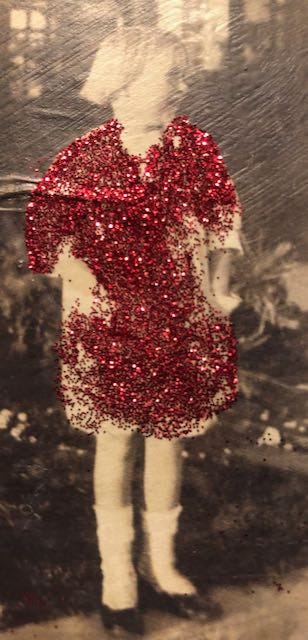Last Saturday, January 22, marked the 49th anniversary of Roe v. Wade, and everyone is wondering if the case will be gutted or overturned this year by the Supreme Court. Those who support abortion rights are frustrated and distraught, bracing and preparing for the fallout. Those who oppose abortion rights, however, are jubilant at the very real possibility of an overturned Roe. On January 21, the March for Life Rally took place in Washington, D.C., as it has every year since Roe v. Wade made abortion legal in all fifty states. The theme for this year’s march was “Equality Begins in the Womb.”
The New York Times posted a video that captures that celebratory vibe. Forty seconds in, a journalist asks a group of young male protesters if they have any experience with abortion: “Did you ever know anyone who made that choice, or has there been a story you’ve heard on a personal level?” They all shake their heads, No.
As a woman in her 50s, I find it difficult to watch these galvanized youths chanting their anti-abortion slogans with so much zeal. They’ve been proselytized by forces they don’t even understand. Their intense fervor and bravado is even more worrisome because of what it really seems to be: groupthink and naiveté. They are so sure of themselves. The young women are more troubling to me than the young men.
Abortion is a personal and private matter. The right to abortion, the Court decided in 1973, was a fundamental “right to privacy” inherent in the Fourteenth Amendment’s Due Process Clause. And yet more and more people are coming forward to speak of their abortions. There are more ways than ever to share an abortion story: We Testify, Shout Your Abortion, Planned Parenthood, Abortion Out Loud, among others.
The New York Times ran a very moving story this weekend in the Sunday Review titled “When Abortions Were Illegal,” by Lauren Kelly and photojournalist Ilana Panich-Linsman in which they tell the stories of women who had abortions before they were legal—one had never told anyone before sharing her story to the Times. The photographs of the women are just incredible—and their brief stories are powerful and poignant. I encourage you to check it out.
These are the harrowing stories of women who survived their illegal abortions—some barely. But this month I heard a story about a woman who did not survive her abortion. My good friend Heidi gave me a birthday card with an old black and white photo of a young boy and girl on the front, the girl’s dress red with glitter.
Inside, after a birthday message, Heidi wrote: “The photo on the front is of my grandfather and his sister, Dorothy. We learned at his funeral that Dorothy died around age 18 from an illegal abortion. I often think of her and the very violent and scary impacts that taking away reproductive rights carries.” Heidi thanked me for my work around this. And I thank you, Heidi, for allowing me to share the story of Dorothy, although none of us knows what she went through. We can only imagine. The stories from the Times last Sunday provide a terrible glimpse.
I think those boys at the March for Life protest were wrong when they say they didn’t know anyone who’d had an abortion. If one in four women has an abortion by the age of 45, it’s likely that they know several, and I’m betting at least one of them is someone they love. They just don’t know it because she hasn’t told them.
We’ve been talking about abortion in our house, especially since last September when Texas’s SB8 law went into effect, making abortion illegal after six weeks. At one point my son Charlie, who is 14, asked me when we were alone: Mom, have you had an abortion?
I took a deep breath and told him I had.
And now, in honor of Dorothy, I’m telling you.




